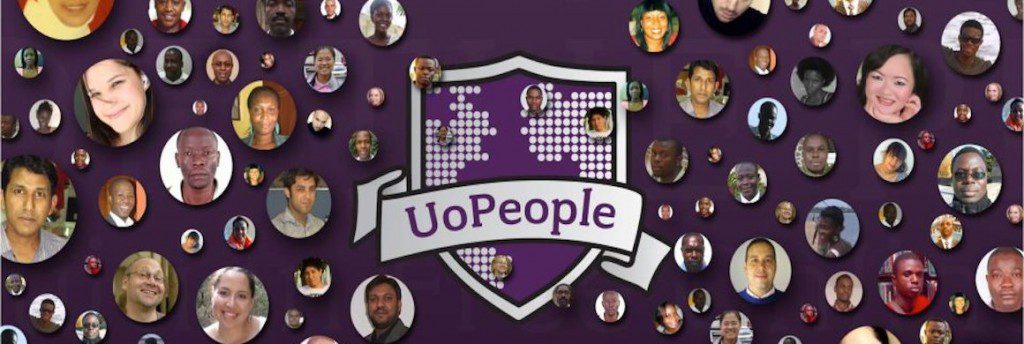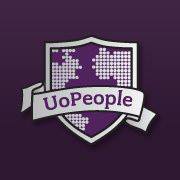University of the People Offers Tuition Free Online MBA

Tuition for elite MBA programs regularly tops $120,000. Similiar to government and banking, American academia has been undergoing institutional shifts that have given rise to innovative approaches to education, particularly in the realm of distance learning.
Tell Me More about Distance Learning
Two examples that immediately come to mind are MIT’s OpenCourseWare initiative — which “makes the materials used in the teaching of almost all of MIT’s subjects available on the Web, free of charge,” — and Sal Khan’s Khan Academy, which is underwritten by the Gates Foundation, The Broad Foundation, and Google, among others. The Khan Academy produces short Youtube lectures covering a wide swath of material with the aim to provide a “free, world-class education for anyone, anywhere.”
University of the People
 University of the People, “the world’s first non-profit, tuition-free, accredited, online academic institution,” according to its site, emerges as part of this exciting trend of free or affordable web-based educational platforms. Headquartered in Pasadena, California, the DEAC (Distance Education Accrediting Commission)-certified University of the People (UoPeople) was founded in 2009 by Israeli-born educational entrepreneur Shai Reshef in response to “dropping technology costs and rising tuition fees.
University of the People, “the world’s first non-profit, tuition-free, accredited, online academic institution,” according to its site, emerges as part of this exciting trend of free or affordable web-based educational platforms. Headquartered in Pasadena, California, the DEAC (Distance Education Accrediting Commission)-certified University of the People (UoPeople) was founded in 2009 by Israeli-born educational entrepreneur Shai Reshef in response to “dropping technology costs and rising tuition fees.
In a New York Times interview conducted around the time of UoPeople’s inception, Reshef spoke enthusiastically of his concept: “The idea is to take social networking and apply it to academia.” Reshef previously served as CEO and Chairman of test prep company Kidum Group between 1989 and 2005. He grew Kidum from a $100,000 company to over $25 million in annual revenue before selling it off to Kaplan, Inc. in 2005.

Shai Reshef
University of the People Founder
UoPeople’s model is surprisingly straightforward, with limited operating costs—the school boasts that there are “no buildings, trees or grass to rest on between classes.” Education is based on “peer-based and collaborative learning. “Students share resources, exchange ideas, discuss weekly topics, submit assignments, and take exams…within online study communities.” Exams are administered online.
The school’s FAQ elaborates: “Active and retired professors, master’s level students, and other professionals, participate and oversee the assessment process.” In return, UoPeople asks that students cover ”the cost of processing applications and examinations, as well as a $100 per end-of course exam.”
UoPeople also has a variety of scholarship funds set aside for students who demonstrate financial need.
